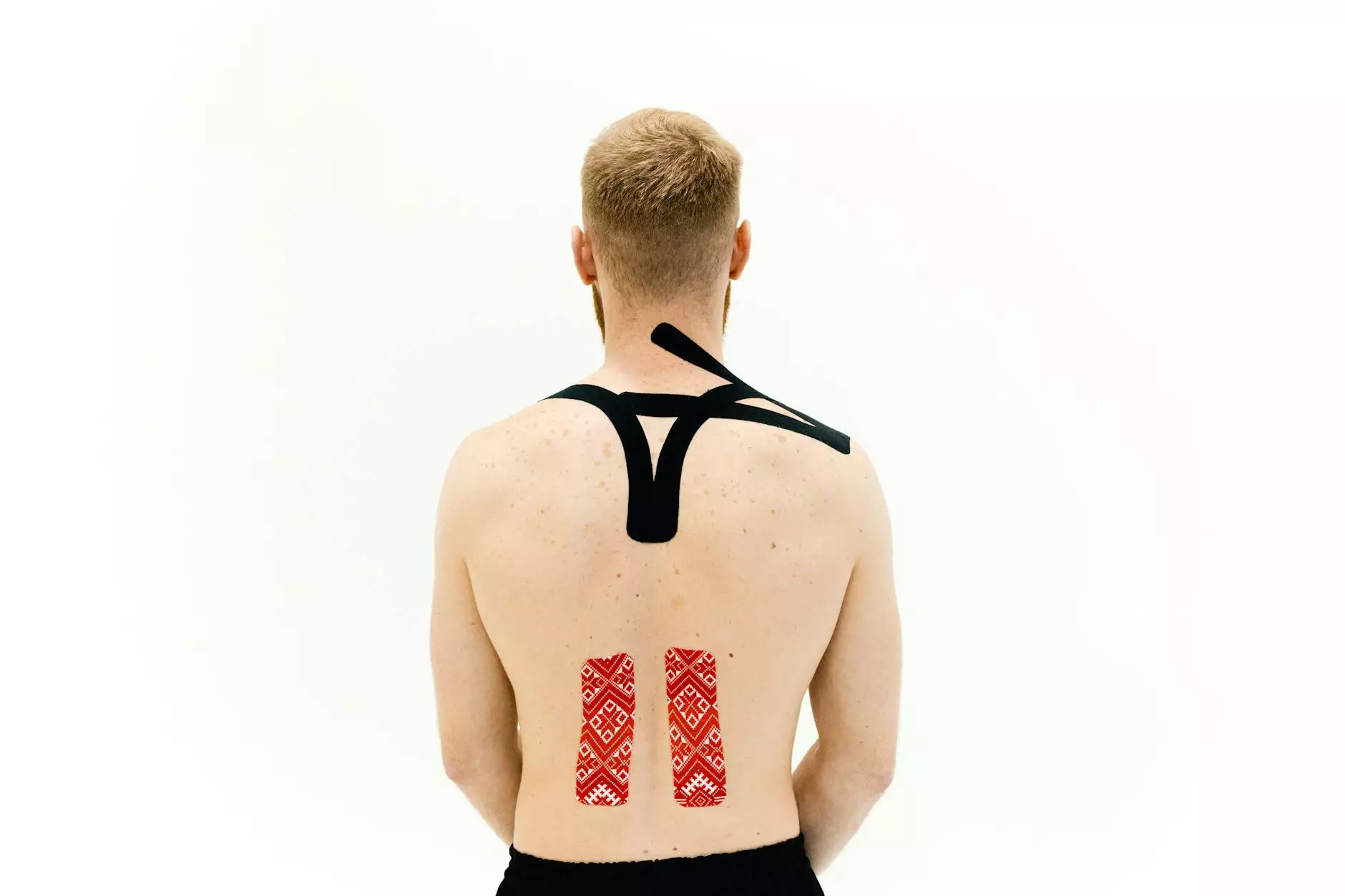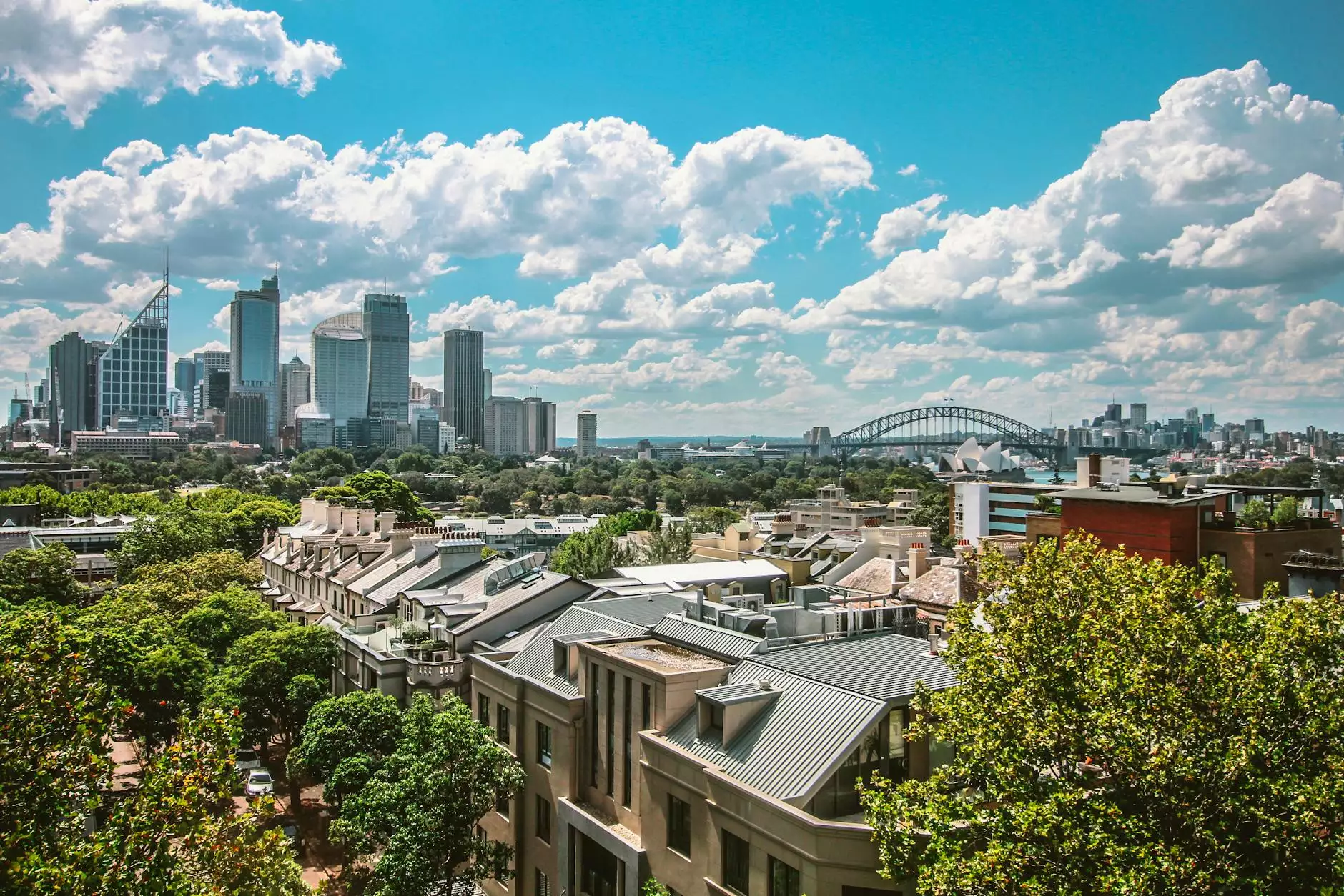Understanding the Role of a Lung Doctor in Health and Sports Medicine

The significance of proper lung health cannot be overstated, especially in a world that increasingly emphasizes health and physical fitness. A lung doctor, also known as a pulmonologist, plays a crucial role in diagnosing, treating, and preventing respiratory issues that often impede our daily lives and athletic performance. This article will delve deeply into the multifaceted responsibilities of a lung doctor, the importance of lung health in sports medicine, and the ways in which physical therapy can synergize with pulmonology to promote overall well-being.
The Vital Functions of a Lung Doctor
A lung doctor specializes in conditions affecting the lungs and the respiratory system. Their expertise includes a broad range of functions:
- Diagnosis: Identifying lung-related conditions through various diagnostic tools.
- Treatment: Providing personalized treatment plans for chronic and acute respiratory diseases.
- Management: Setting up long-term management protocols for patients with chronic conditions.
- Education: Educating patients about lung health, preventive measures, and treatment adherence.
- Collaboration: Working alongside other healthcare professionals to ensure comprehensive care.
Common Conditions Treated by a Lung Doctor
Understanding the conditions that a lung doctor treats is crucial for appreciating their role in healthcare. Here are some common ailments they address:
- Asthma: A chronic condition characterized by inflammation and narrowing of the airways.
- Chronic Obstructive Pulmonary Disease (COPD): A progressive disease that includes emphysema and chronic bronchitis.
- Pneumonia: An infection that inflates the air sacs in one or both lungs.
- Lung Cancer: Cancer that begins in the lungs and can lead to severe health complications.
- Interstitial Lung Disease: A group of diseases that cause scarring of the lung tissue.
The Importance of Lung Health in Sports Medicine
Lung health is particularly critical for athletes and anyone engaged in regular physical activity. The demand for efficient oxygen exchange and the removal of carbon dioxide during high-intensity activities relies heavily on the optimal functioning of the lungs. Here are several ways in which a lung doctor contributes to improved athletic performance:
1. Enhancing Respiratory Function
A lung doctor can evaluate an athlete’s respiratory capacity and recommend strategies, including:
- Breathing Techniques: Teaching athletes how to breathe efficiently during training and competition.
- Physiological Assessments: Conducting tests to measure lung capacity and function.
2. Preventing Injuries Related to Respiratory Issues
Respiratory conditions can lead to serious health ramifications for athletes. A lung doctor can help prevent such injuries by:
- Identifying Risk Factors: Evaluating the athlete’s history and environment to mitigate risks of respiratory problems.
- Developing Preventive Strategies: Creating actionable plans to avoid exacerbations during training and competition.
3. Managing Existing Conditions
For athletes with pre-existing lung conditions, a lung doctor is indispensable in:
- Regular Monitoring: Keeping track of lung health to manage symptoms effectively.
- Medications and Treatment Plans: Adapting treatment plans as needed to ensure peak performance while managing their condition.
Integrating Physical Therapy with Lung Health
Physical therapy plays a pivotal role in enhancing lung health, particularly for patients recovering from lung-related illnesses and athletes looking to improve respiratory efficiency. Here’s how physical therapy complements the work of a lung doctor:
1. Respiratory Rehabilitation
Programs focused on respiratory rehabilitation, created in coordination with a lung doctor, include:
- Breathing Exercises: Techniques such as diaphragmatic breathing to improve lung function.
- Endurance Training: Exercises aimed at increasing physical stamina through improved oxygen utilization.
2. Education and Self-Management
Physical therapists educate patients about their conditions and the importance of maintaining physical activity for lung health, often coordinating with the lung doctor for comprehensive patient education.
3. Preventive Therapies
Physical therapy can provide preventive measures for athletes, such as:
- Stretching Programs: To enhance lung capacity and flexibility, aiding in overall performance.
- Posture Correction: Improving posture can directly affect lung capacity and breathing efficiency.
Working with a Lung Doctor: Expectations and Care
Patients considering consulting a lung doctor should prepare for a thorough examination and comprehensive care plan. Here’s what to expect during your visit:
Initial Consultation
The first visit typically involves:
- Medical History Review: Discussing previous health issues and respiratory concerns.
- Physical Examination: Conducting tests such as spirometry to assess lung function.
Diagnostic Testing
Following the consultation, the lung doctor may recommend diagnostic tests that include:
- X-rays: To visualize lung structure.
- CT Scans: For detailed lung imaging.
- Bronchoscopy: To examine the airways and collect samples.
- Allergy Tests: To determine if allergies are affecting lung health.
Creating a Treatment Plan
Based on the diagnosis, the lung doctor will develop a tailored treatment plan that may involve:
- Medications: Such as bronchodilators and anti-inflammatory drugs.
- Therapeutic Exercises: Recommended alongside physical therapy.
- Lifestyle Adjustments: Dietary and exercise recommendations to improve lung health.
The Future of Lung Health Awareness
As we grow increasingly aware of the importance of lung health, the role of lung doctors will continue to evolve. Ongoing research and advancements in treatment modalities offer exciting prospects for future healthcare approaches. Patients are encouraged to prioritize lung health through:
- Regular Check-ups: Scheduling regular visits with healthcare providers.
- Staying Informed: Keeping abreast of new treatments and recommendations.
- Healthy Lifestyle Choices: Prioritizing diet and exercise to sustain lung health.
Conclusion
In conclusion, a lung doctor plays a critical role in the healthcare system by advancing respiratory health and enhancing athletic performance through tailored treatment plans and collaborative care with physical therapy. The intricate relationship between lung health and physical activity cannot be overlooked, and understanding this relationship paves the way for healthier lifestyles and improved sports performance. By prioritizing lung health and seeking the expertise of a lung specialist, individuals can promote their overall well-being and achieve optimum health outcomes. Whether you are an athlete or someone interested in maintaining good health, the services of a lung doctor are invaluable.
For anyone seeking assistance with lung health, consulting a certified lung doctor at HelloPhysio can lead to improved outcomes.









